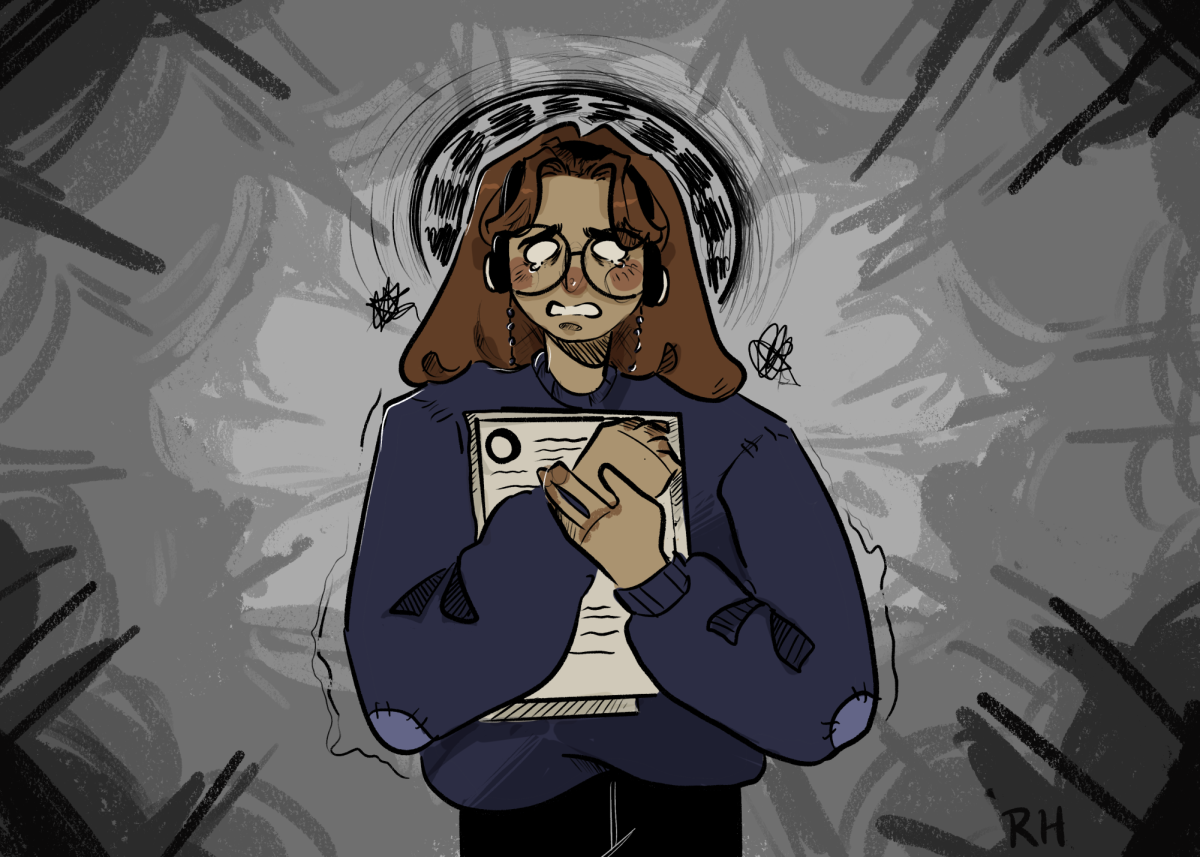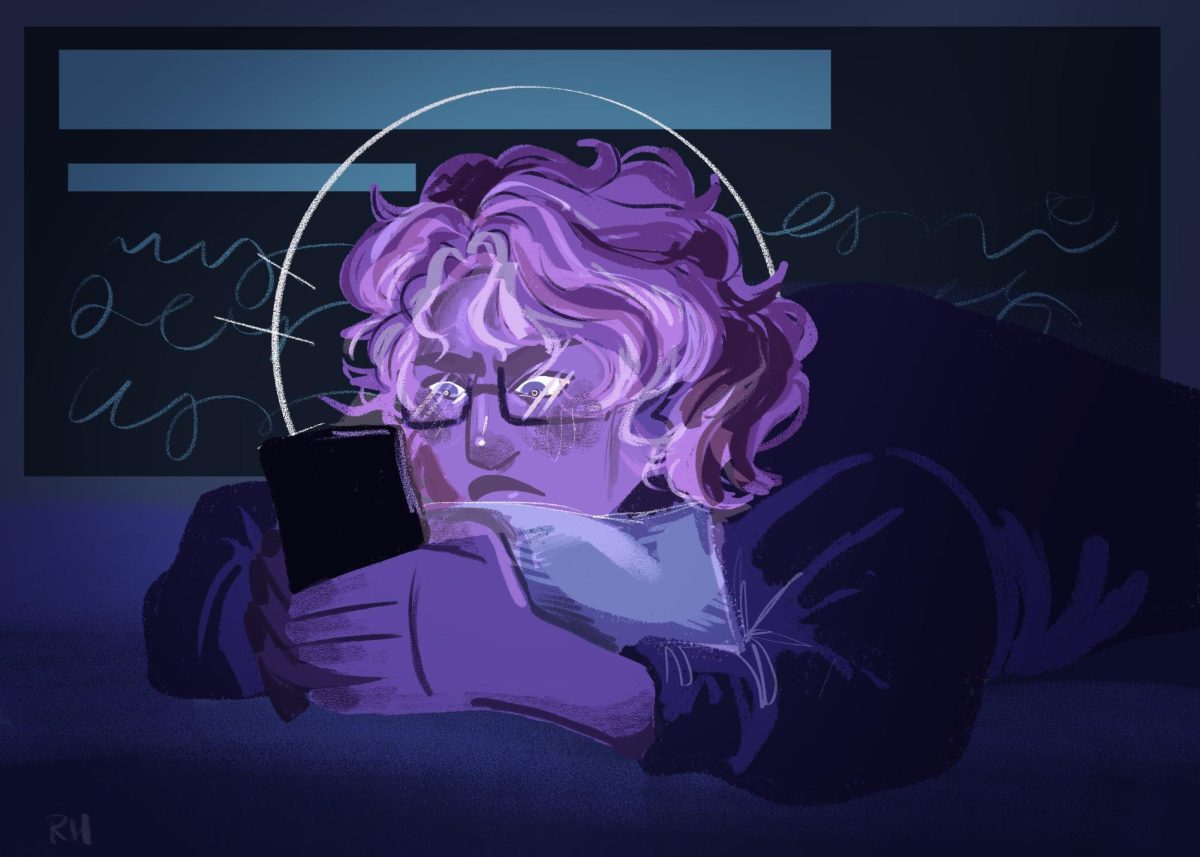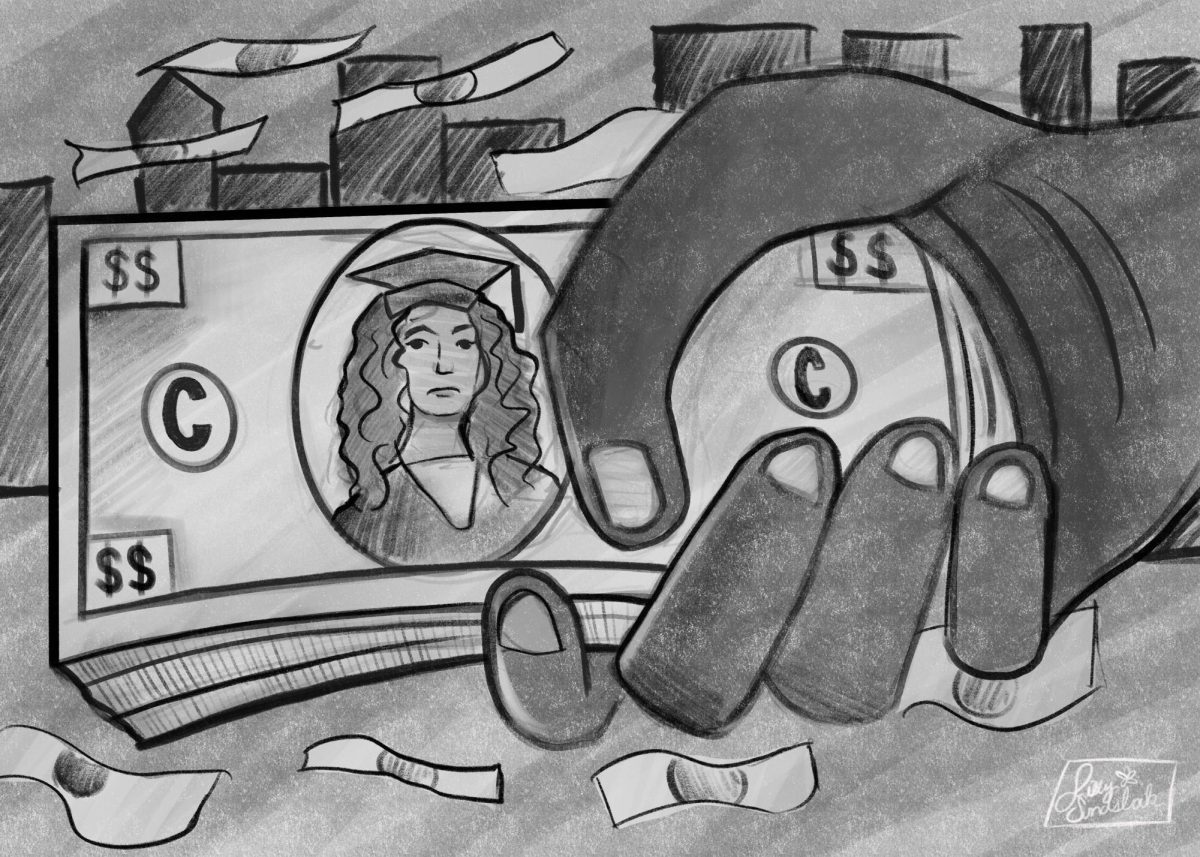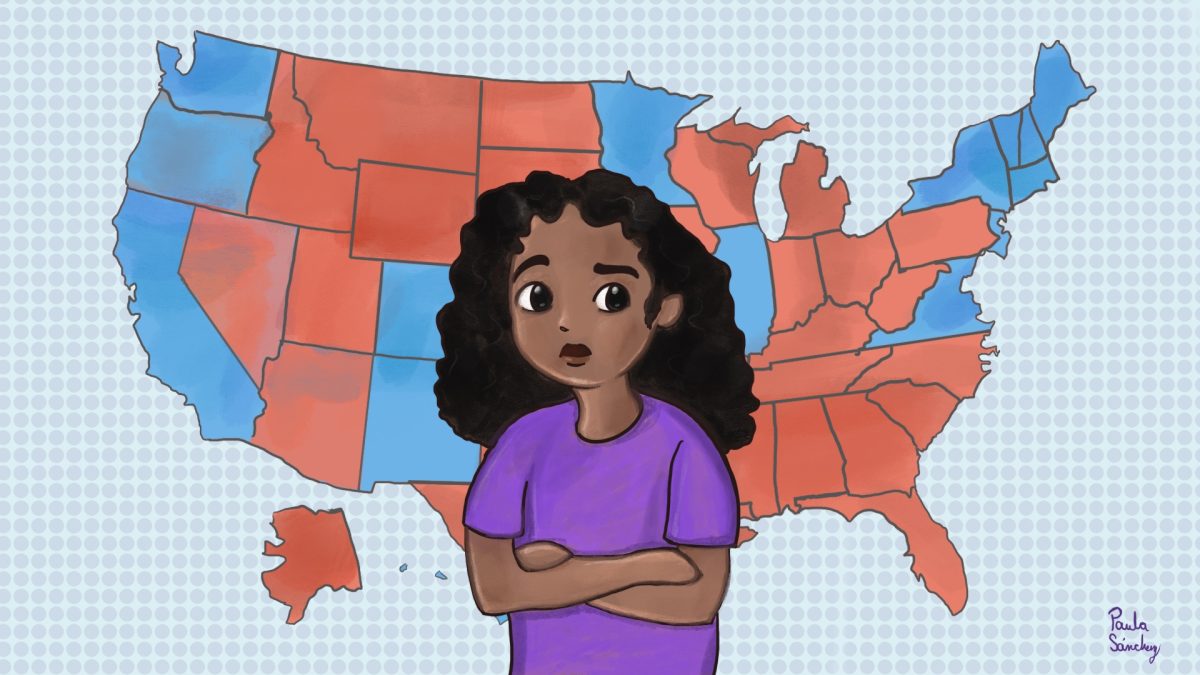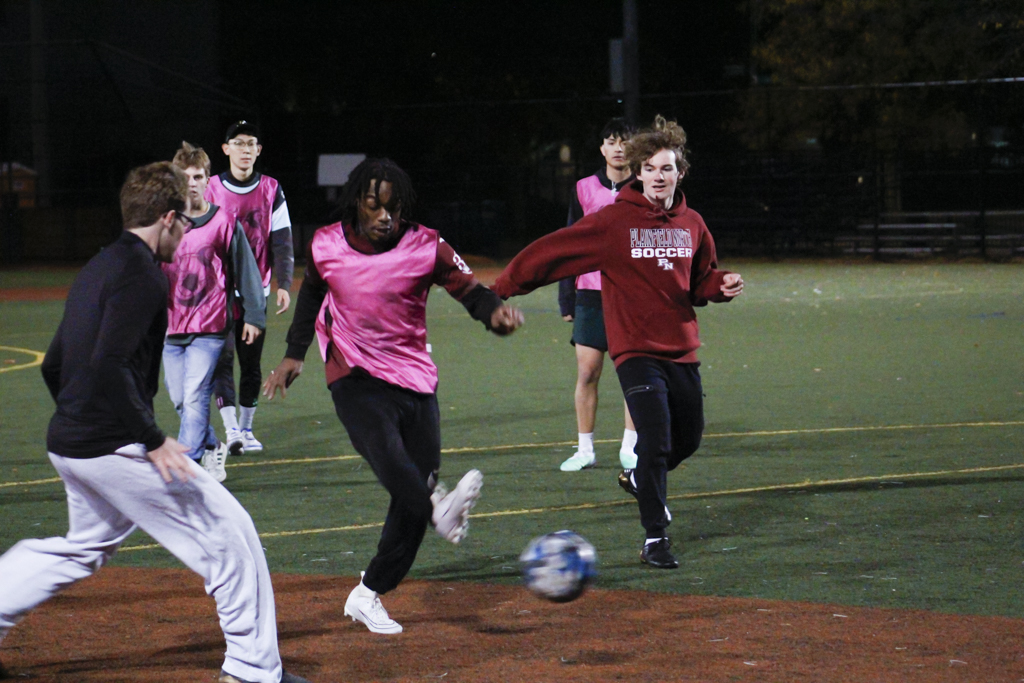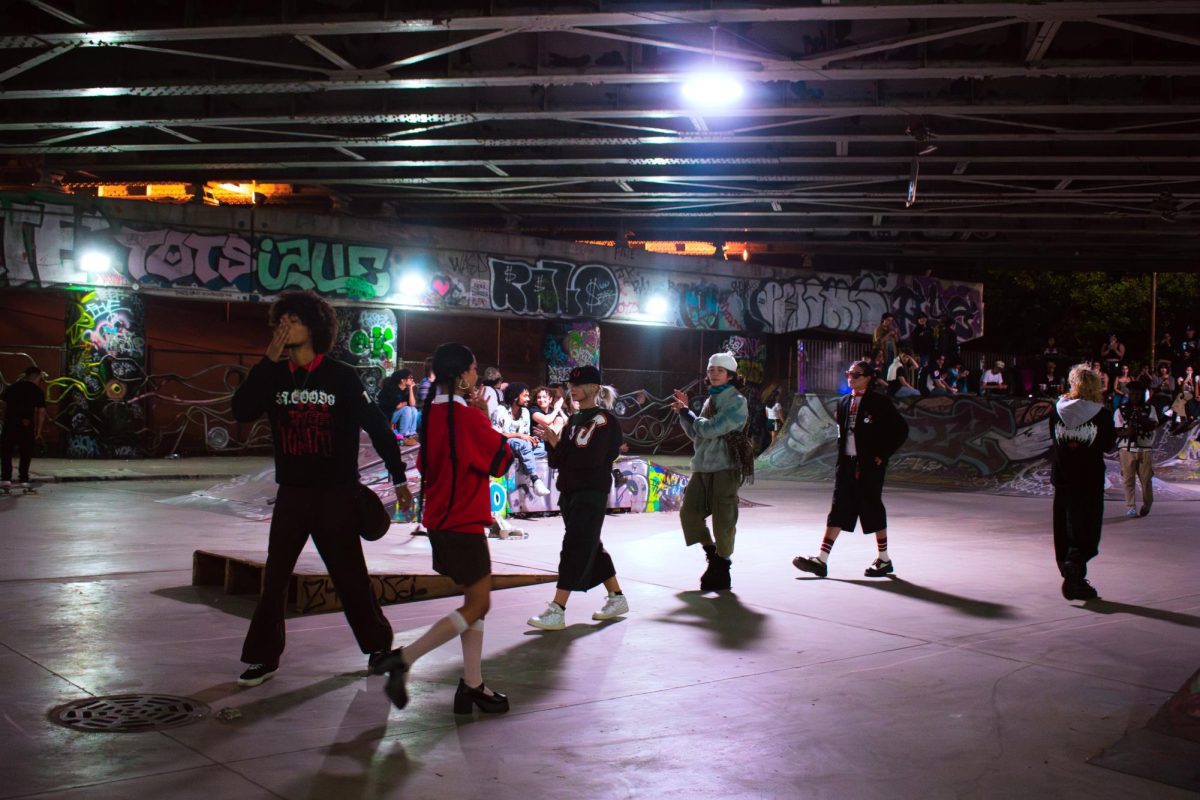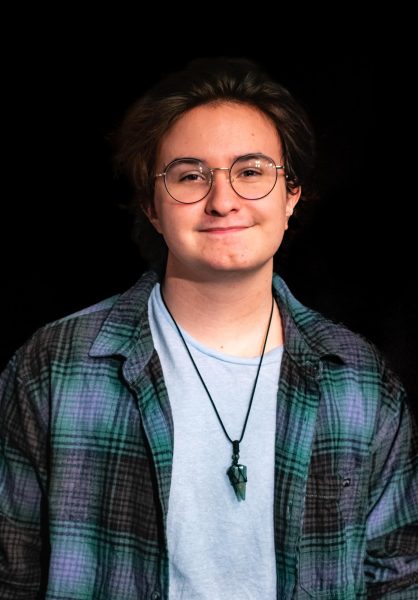It is no secret that Columbia College Chicago is facing a financial deficit. The college is planning on making $19 million in initial cuts in order to close a financial gap that nearly doubled after the seven-week strike last fall. Without a detailed breakdown or plan of where cuts will be made, I am nervous for the future and well-being of neurodiverse students at Columbia.
When I first moved to Chicago in 2021, as an autistic student, I found myself overwhelmed not only by the idea of being in college for the first time, but also because I was alone in an overstimulating big city. Unsure of exactly what it was that I needed to be successful, I contacted Columbia’s Services for Students with Disabilities.
The process of applying for accommodations took a lot of time, and I ended up not going through with the form when I found out there weren’t many accommodations that would benefit my specific situation. I was disappointed by Columbia’s lack of resources and information for neurodiverse students like me who need accommodations that support sensory issues and different learning styles. Columbia’s program offered a notetaker, class breaks and an emotional support animal. I personally would not benefit from a note taker or a break in class; however, I would benefit from a sensory accommodated class setting. Some of these accommodations could include soft lighting, aromatherapy diffusers, or touchable wall decor that is visually appealing.
Last fall, Grace Kessler Overbeke led a project to create a sensory space for students through a DEI programming grant. I was very excited to finally have a space on campus —outside of my home —where I could go if I felt stressed out or overwhelmed. I was disappointed to learn that this new accommodation displaced other students who used the space to pray. The sensory space later moved to a new location, but I was confused as to why Columbia didn’t give us a brand new space to begin with.
As the cuts become more clear, we need to see how the budgets will impact student-facing services like those that help students with disabilities. This is not a place where the college should be looking to make savings.
As a neurodiverse student I hope our community will continue to see positive changes and additions, but I don’t see that happening with the budget cuts being made. I’m afraid that Columbia might follow other schools around the country and cut the DEI program altogether to address the deficit.
Neurodiverse students require many accommodations in order to ensure a successful college career. Students may need accommodations for motor skills, communication skills, sensory differences, learning styles and coping skills. Columbia College Chicago already does not have the resources necessary for students that might benefit from these accommodations.
When I took a look at what other institutions were doing for their neurodiverse students, it made Columbia’s efforts look like a mock up plan. Some of these spaces cost anywhere up to $135,000 to create. If Columbia focused more on making all spaces on campus adaptable for neurodiverse students, then the problem of taking spaces from other communities wouldn’t arise. This would also allow students who are undiagnosed or were misdiagnosed the ability to receive accommodations without having to fill out forms. It’s hard to see this idea getting any attention with the larger issues surrounding budget cuts.
While I only have one semester left at Columbia, I hope that students in the future are helped rather than harmed by Columbia’s efforts towards the neurodiverse community. It can be challenging to accommodate everyone, but efforts and steps must be made in order to live up to Columbia’s mission statement. Students with disabilities cannot be left out of these important discussions taking place around the budget.
Hailey Wilkins is a senior film and television major and journalism minor from Texas.
Submit an op-ed of no more than 850 words here or email editorialboard@columbiachronicle.com


